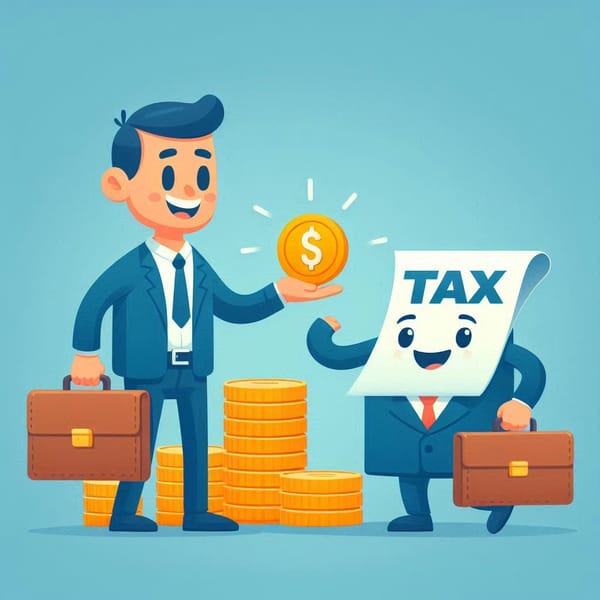Change in VAT treatment of retailer vouchers
HMRC issued guidance recently aimed at simplifying the tax treatment of retailer vouchers and at bringing it up to date with a revised EU VAT directive.
Those changes are to be effective January 1st 2019 and even though they may seem like a minor, it could mean significant tax increases for some retailers who will see some of their vouchers reclassified and their VAT treatment altered.
Currently there are 3 different types of vouchers:
- Experience vouchers that have no face value but entitle the bearer to redeem a specific service.
- Single purpose vouchers (SPVs) which entitle the bearer to redeem for only one type of goods or services which are subject to a single rate of VAT
- Multi-purpose vouchers (MPVs) which can be redeemed for any type of goods or services and are subject to different rates of VAT
For experience vouchers and SPVs, VAT needs to be accounted when the voucher is issued or sold rather than when it is redeemed. This is regardless of whether it is ever redeemed. There is no provision for adjusting the VAT if the voucher is not redeemed before the expiry date. The new guidance actually widens the definition of an SPV: going forward an SPV will be defined as one where, at the time of issue, both the VAT liability and the place of supply of the underlying goods or services are known. An MPV is then a voucher which is not a SPV.
HMRC give the example of a UK retailer issuing a voucher which can only be exchanged for CDs, DVDs, computer games and computer accessories. Under current VAT law, this voucher would not be an SPV because these are not the same type of goods. However, under the new law, this voucher would be an SPV because the place of supply is known and the goods are all standard rated. The VAT treatment of MPV remains unchanged, with VAT due on redemption rather than issue (since that would be impossible).
When you know that £300m or 6% of vouchers bought by consumers go unused as they lay in people's pockets, we understand why this change can have a significant impact on retailers who see their MPVs reclassified as SPVs.
Another change is that SPVs will be within the VAT system when they are transferred via distributors. Distributors trading in these vouchers will be treated as buying and selling the underlying goods or services that can be redeemed with the voucher and claim input tax and charge output tax accordingly.
The exception is if the distributors act as commission-based agents, and do not actually buy and sell the vouchers. They are unaffected by the new rules and will continue to account for output tax on their commission payments.



